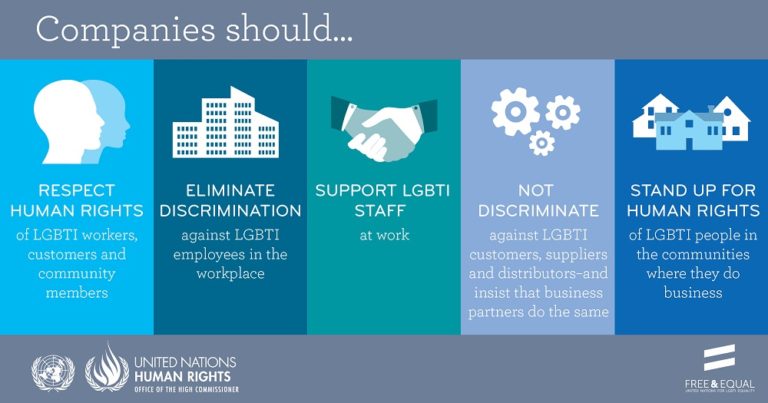By Irene Maxwell

Companies must pay attention to the fact that we vary our personality in different situations and social platforms. Understanding who consumers are in any given situation is the key to developing products and services that meet their needs. Within this understanding, personality plays a role as consumers define their needs while seeking personalized services and products.
Scott Nowson, a researcher at Xerox Research Centre Europe, is leading a team of experts who are studying personality and language. Their research will determine if (and how) people change when they shift from face-to-face conversations, to online video, tweeting, messaging and blogging. Nowson provides examples of these changes in a presentation he gave at LT-Accelerate, a language technology conference in Brussels.
One commonly discussed parallel is the behavior of “ambiverts” – who display characteristics of extraversion and introversion – which can vary considerably between each of these situations. Nowson’s research suggests that indeed there is no single consistent pattern of communication behavior which indicates personality. The team also discovered that people who speak several languages are perceived differently (for example) in French as compared to Spanish or English.
These differences were highlighted by Belgium-based artist Dreis Depporter’s project that compared photos that appear on LinkedIn to those on the dating platform Tinder. His project reveals the contrast between the selves we project to potential colleagues and potential partners. It’s the same person – but various aspects of that person are projected and perceived.
Although we may not always understand why people change personality from one medium to another, we know every channel brings its own expectations and that people differ accordingly.
Why Does it Matter?
Xerox’s customer care outsourcing business handles more than 2.5 million customer interactions per day. Nowson’s research can help Xerox agents better perceive a customer’s personality – as well as understand how customers ‘perceive the agents.’ These types of interactions must be tailored to each person in order to assure a more satisfying customer experience, whether it is happening online, in-person or via telephone.
Nowson believes that companies must realize they can’t have just a single model of a customer if they want to respect how that customer prefers to interact. Companies need as many models as channels to make each experience the best possible.
For global companies with multilingual call center agents, support systems must assist staff by making them aware of how personality differs from one language to another so they can adapt on the fly when switching languages. In fully automated systems where virtual agents use written or spoken words, they will also be perceived to have a “personality.” As virtual agents become more widespread, they will need to be intelligent enough to identify the customer’s personality and respond accordingly.
A Look at Nowson’s Research

The research is based on the knowledge that personality is conveyed in how we communicate and the language that we use. Many studies have shown, for example, that extraverts speak faster, and are more repetitive.
Scientists at Xerox Research Centre Europe in France used text processing technology to compare the projection of personalities in spoken dialogues (one-to-one or face-to-face conversations) and monologues (one-to-many video blogs). They found different linguistic evidence of extraversion across the two types of communication. For example, swearing is known to be an indicator of extraversion in face-to-face, but is not an indicator of it in video blogs. This implies that extraverts, while typically more prone to swearing in everyday language, would refrain in situations where it may not be considered appropriate. Expressing negative emotions, such as anger and sadness, is an indicator of extraversion in face-to-face interaction. While these emotions were used just as much in video blogs, they had no relation to the level of the speaker’s extraversion.
In another study they analyzed text that had been translated by their machine translation technology to see if they could automatically train their personality profiling system across languages. The results showed that those aspects of language which demonstrate a personality trait in one language do not directly translate into another language. This suggests that when a non-native speaker talks in a foreign language in the same way they talk in their native language, they may not convey the same personality – or, certainly not the one they believe they are conveying.
Learn more about Nowson’s work in this Breakthrough Analysis blog post by Seth Grimes, a Washington, D.C., based analytics strategy consultant. You may also contact Nowson at the Xerox Research Centre Europe in Grenoble, France.
Subscribe to this blog and receive email updates when we publish a new article.




[…] blog is eerder in het Engels hier […]
Being able to wear the appropriate mask in every situation we are in, is actually a talent. Provided that all masks lead to the same person. In this case, this particular person is a gifted person. For instance, we like an actor, not for his blue or black eyes, but for his talent in different roles he played.
[…] L’article original d’Irene Maxwell est paru sur le blog SimplyWork […]